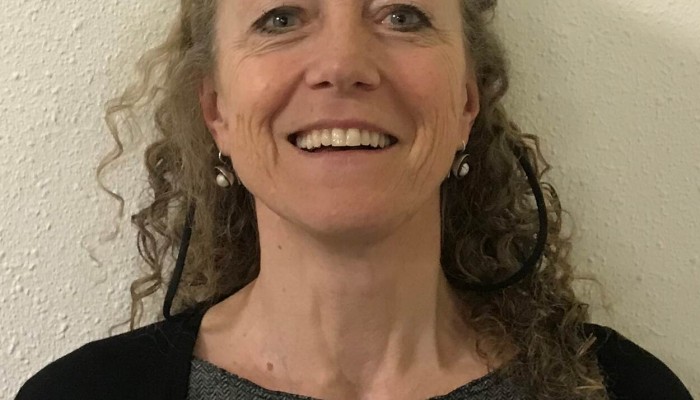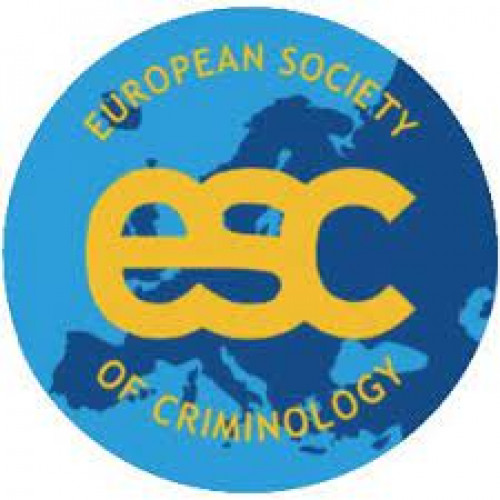Candidate for ESC President: Catrien Bijleveld

Catrien Bijleveld is senior researcher at NSCR, the Netherlands Institute for the Study of Crime and Law Enforcement, and professor of Research Methods in Empirical Legal Research and Criminology at the Vrije Universiteit Amsterdam. Since late 2019, she is also part-time council member of the Netherlands Scientific Council for Government Policy. Graduating from Leiden University as a research methodologist (1986), she subsequently obtained a doctorate in Data Theory on State space analysis of categorical data (1989). Much later, after having worked at the research center of the Netherlands Ministry of Justice, she also graduated in Criminal Law (2002). It is from that period that she became involved in criminological research. Working at the NSCR and at the Vrije Universiteit, she conducted mainly criminal careers research, particularly longitudinal research on sex offenders and young adults who had been raised in care. She wrote several textbooks on research methodology for criminologists that are widely used across the Netherlands, most recently one for the study of international crimes.
Catrien Bijleveld was one of the founders of the European Society of Criminology and was an at large Board Member from 2006 to 2008. ‘I am a firm believer in and supporter of European criminology, and consider it a great and important achievement that we have this society and our European journal that is so widely read and highly ranked. The European conferences have grown immensely, not only quantitatively but also qualitatively, and are now at least as varied and interesting as the conferences we flock to across the pond, such as the ASC. It is very important that the European society is inclusive for all Europe, and for junior as well as senior researchers, and for that it is vital that young researchers assume prominent roles and tasks in our society and the journal, and that the society’s conferences are well accessible for researchers from less affluent European countries.’
